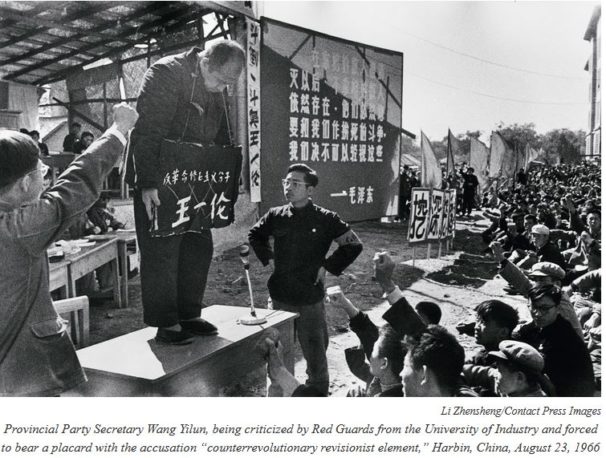
In an act of public self-berating right out of the Chinese Communist Party ‘Cultural Revolution’ playbook, Yuval Sharon, the wunderkind MacArthur ‘Genius’ Award-winning director of the Los Angeles on-site opera troupe, ‘The Industry,’ has shared a decision. After weeks of pondering the weighty issues of American racism and police brutality (as are we all), he disseminated, on June 9, 2020, an extraordinary missive.

The missive is an apologia. Sharon asks forgiveness of his audience (and I suppose the world at large, if anyone cares) for a performance eight years ago in which a plot device for a fictional character does not jibe with politically correct values of today. The opera impresario writes in his open letter,
“We must do better. We do not stand behind this scene, and we ask our audiences to forgive us for not living up to our stated beliefs.”
He asks his audience to forgive him. Wow. For a scene in his opera from 2012. Those are pretty astonishing words for a producer to express, not something you would want to do many times over a creative career. To be fair, the letter was co-signed by Yuval Sharon and ‘The Industry”‘s Executive Director Elizabeth Cline. The ‘Mea Culpa” letter excerpted here:
In 2012, The Industry’s inaugural opera CRESCENT CITY featured a black man (played by Cedric Berry) choked to death by a white cop (played by Jonathan Mack). Although this evil act was the catalyst for the destruction of the fictional city, we let ourselves and the cop character off the hook: we presented the action as the result of the cop being possessed by the spirit of the voodoo god Carrefour (also played by Berry). The cop’s own agency and responsibility for his actions were therefore mitigated — some might even say excused.
We have been listening, reflecting, and learning. In the last two weeks, this scene in particular sticks out painfully as a moment when we were not responsible enough in considering how we imagine scenes of injustice and police brutality. We do not stand behind this scene, and we ask our audiences to forgive us for not living up to our stated beliefs.
The Industry has had African-American leadership in staff and board positions, and we have advocated since the beginning for artists of color. And yet we have so much to learn and such a long way to go. We will continue to ask ourselves tough questions and unpack our institutional privileges: How do we prioritize anti-racism in our work; how do we create opportunities for BIPOC in every part of our organization; how do we hold ourselves accountable for the structural change that we want to see in the world?

Forget you ever saw this !
What? The world changed, and your opera didn’t? What is wrong with the world? And what is wrong with your opera? Can’t you make an opera that will automatically adjust with the times? More to the point, what is wrong with you, Mr. Artist? The pressure from the far left to self-censor is felt in every writer’s corner these days (I feel it). But I never thought I would see an artist go back in time (recent times!) and renounce his own creation. What kind of artist does not stand behind his own work, but blows in political winds? It seems insane. And it makes me angry to think of the many artists over centuries who have been publicly pilloried, either by the right or left, for their stands. And they took the heat.
The author of Crescent City‘s “text” (libretto?) is Douglas Kearney. One wonders how the actual writer feels about the retroactive ‘undo’ing of his work. I also object to police officers referenced as “cop” four times in the letter above. Show some respect!

And may I say, “amen!”
I invited Yuval Sharon to reply to our article. He declined.
Yuval Sharon also ‘canceled’ artsmeme, by unsubscribing to the blog.
Beautifully well put, Wade. Thank you for your comment. Debra
Art speaks for itself and for the heart and mind of the artist at a given point in time. That’s the whole point of art. No artist should ever apologize for their work. Ever. And no one should expect them to.
I’m not surprised by Yuval Sharon’s “confession,” although I wonder what prompted it. Statues from previous eras are being pushed off their pedestals and paintings defaced. Apologies for racism’s history are in order, but sanitizing the past is an historian’s nightmare.